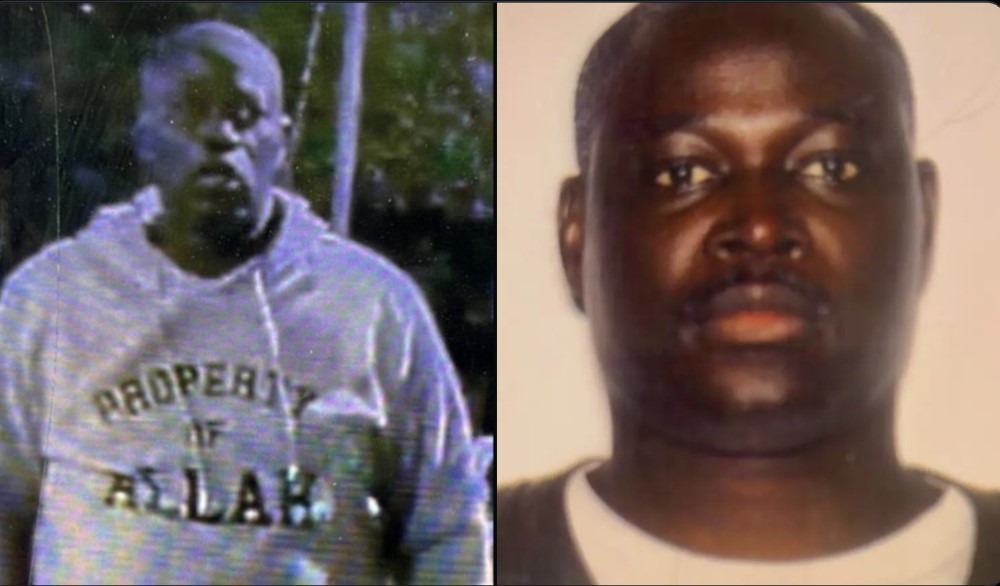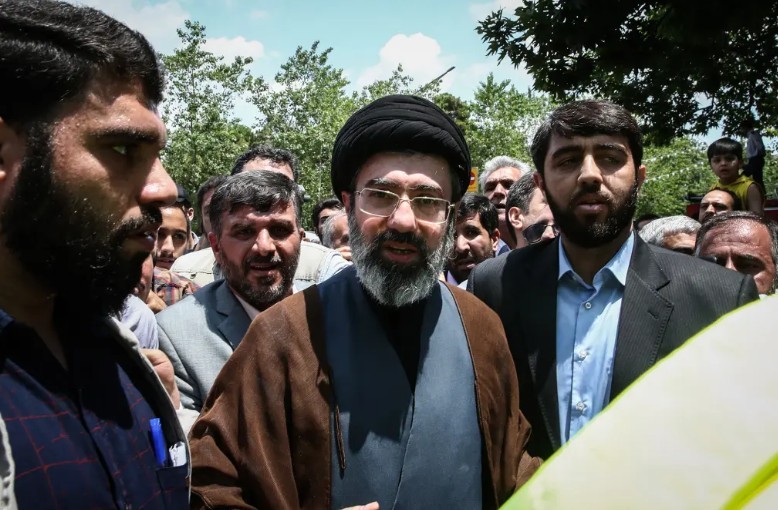“Enough of His Hatred”: Unsealed Messages Reveal How Tyler Robinson Allegedly Planned Charlie Kirk’s Assassination
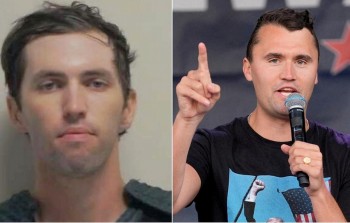 FBI Confirms Tyler Robinson’s DNA at Charlie Kirk Murder Scene: Towel and Screwdriver Seal the Link FBI Confirms Tyler Robinson’s DNA at Charlie Kirk Murder Scene: Towel and Screwdriver Seal the Link |
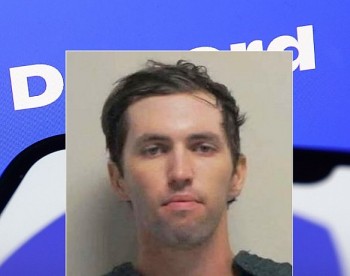 Did Tyler Robinson Confess to Killing Charlie Kirk on Discord? What We Know and What It Means Did Tyler Robinson Confess to Killing Charlie Kirk on Discord? What We Know and What It Means |
Inside the Newly Unsealed Messages
Federal and state prosecutors have now released more than 30 pages of text messages, voice notes, and online chats from Tyler Robinson to his partner Lance Twiggs. These documents go far beyond the early leaks, revealing not just confessions but also planning details, psychological cues, and a timeline of radicalization.
In the hours before the shooting, Robinson reportedly left two different written instructions — one under his keyboard, one in a phone draft — both indicating his plan to assassinate Charlie Kirk during a Utah Valley University event.
Read more: Tyler Robinson’s “Chilling Texts” to Lance Twiggs Revealed — What They Tell Us About the Charlie Kirk Killing
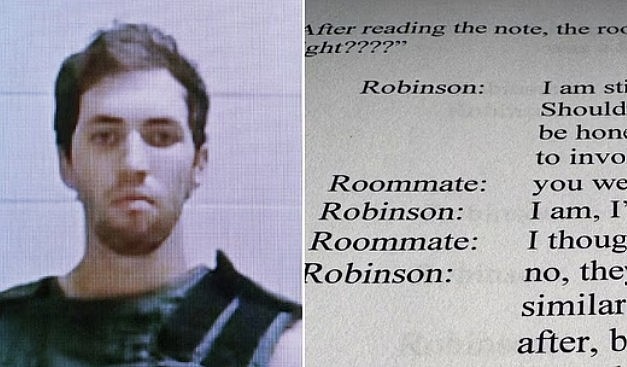 |
| Tyler Robinson's texts to his partner after Charlie Kirk's shooting were revealed by the authorities |
Key Messages from Tyler Robinson
Direct Confession: In one of the most chilling exchanges, Twiggs texted Robinson asking if he was responsible for the shooting. Robinson replied, “I am. I’m sorry.” This simple but devastating admission is now at the heart of the prosecution’s case.
A Secret He Hoped to Keep Forever: Robinson allegedly wrote, “To be honest I had hoped to keep this secret till I died of old age. I am sorry to involve you.” The phrasing suggests he knew his actions would pull Twiggs into the investigation.
Ideological Motive: In another message, Robinson stated, “I had enough of his hatred. Some hate can’t be negotiated out.” Investigators believe this phrase refers to his animosity toward Kirk’s rhetoric and political positions.
The Hidden Note: Before the shooting, Robinson left a note under his keyboard directing Twiggs to look beneath it, which allegedly spelled out his plan to kill Kirk.
Gun and Logistics: Messages revealed that Robinson used a scoped bolt-action rifle inherited from his grandfather. He expressed concern over losing the rifle and what his father would think, and also described how he wrapped it in a towel and tried to retrieve it after the shooting.
Witness Tampering: After the murder, Robinson instructed Twiggs to delete the messages and avoid talking to law enforcement. This has resulted in additional charges of obstruction of justice and witness tampering.
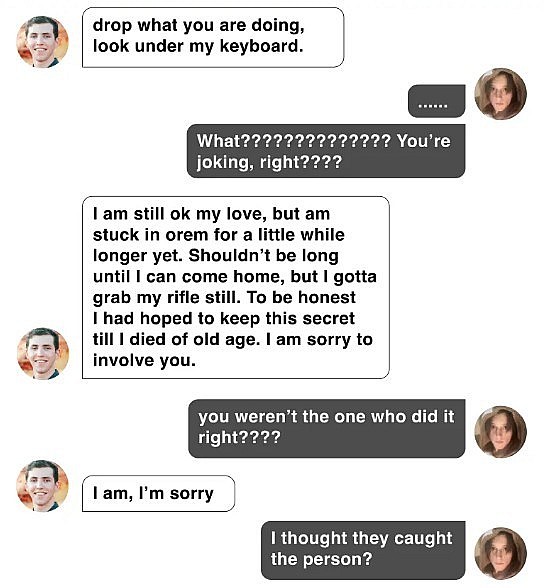 |
| Texts from Charlie Kirk assassination suspect Tyler Robinson |
What the Texts Reveal About Motive and State of Mind
Ideological Conflict: Robinson appears to have viewed Kirk’s rhetoric as so intolerable that he could no longer debate it; instead, he acted violently. The line “some hate can’t be negotiated out” underscores an ideological extremism that prosecutors say pushed him toward assassination.
Identity and Personal Context: Robinson’s partner, Lance Twiggs, is transitioning, and prosecutors say Robinson had shifted politically over time to become more supportive of LGBTQ+ rights. This personal context may have deepened his opposition to Kirk’s statements.
Premeditation and Planning: The week-long preparation, the hidden note, and post-shooting attempts to recover evidence show a calculated plan rather than a spontaneous act.
Emotional Conflict: Despite plotting the killing, Robinson’s texts reveal guilt, anxiety, and concern for his partner — a contradiction that humanizes but does not excuse the crime.
The Legal Case Against Tyler Robinson
Robinson has been charged with aggravated murder, felony discharge of a firearm, obstruction of justice, and two counts of witness tampering. Utah prosecutors have announced their intention to seek the death penalty.
Investigators say DNA evidence ties Robinson to the weapon, the towel used to wrap it, and tools found at the rooftop sniper location. Surveillance images, the hidden note, and the text messages themselves form the backbone of the case.
The prosecution portrays Robinson as a politically radicalized, premeditated killer. The defense has not yet outlined its full strategy but is expected to question Robinson’s mental state and argue mitigating factors.
Timeline of Key Events
One Week Before the Shooting: Robinson begins planning the attack, sharing increasingly hostile views about Kirk’s rhetoric in private messages.
September 10, 2025: Kirk delivers a speech at Utah Valley University. Robinson positions himself on a rooftop and fires the fatal shot.
Immediately After: Robinson texts Twiggs, admitting to the crime and expressing regret. He attempts to retrieve the weapon but is blocked by police lockdowns.
Arrest and Charges: Law enforcement links Robinson to the crime scene through DNA, surveillance, and the text messages. He is arrested and charged with multiple felonies.
FAQs: What People Want to Know
Q1: Who is Lance Twiggs and what was their role?
Lance Twiggs is Robinson’s partner and roommate. Twiggs did not participate in the shooting but became a key witness after receiving the texts and finding the hidden note. Authorities say Twiggs has cooperated fully with the investigation.
Q2: What exactly did Robinson write in the texts?
Among several lines were: “Look under my keyboard,” “I am. I’m sorry,” “To be honest I had hoped to keep this secret till I died of old age,” and “I had enough of his hatred. Some hate can’t be negotiated out.”
Q3: What evidence ties Robinson to the murder?
Investigators cite DNA on the rifle, the towel used to wrap it, and a screwdriver found at the crime scene. The hidden note, the text messages, and surveillance footage also form part of the evidence.
Q4: What is the alleged motive?
Prosecutors argue Robinson targeted Kirk over ideological and political grievances, particularly regarding LGBTQ+ issues and campus activism.
Q5: What legal consequences does Robinson face?
If convicted, Robinson could face the death penalty. Additional charges for obstruction of justice and witness tampering increase his potential sentence.
Q6: How have the public and media responded?
The murder has drawn national attention and sparked debate over political rhetoric and public safety at campus events. Supporters of Kirk have vowed to continue his work, while others question the environment of hostility surrounding political discourse.
Q7: What comes next in the case?
Pretrial hearings will determine the admissibility of the text messages and physical evidence. Jury selection and trial scheduling will follow. Observers expect a lengthy and high-profile trial.
Implications and What to Watch
This case highlights how ideological extremism and personal grievance can intertwine with tragic results. It raises urgent questions about campus security, the impact of public rhetoric, and the warning signs that can precede political violence.
If convicted, Robinson could face the most severe penalty under Utah law. The trial will likely influence how future politically motivated crimes are prosecuted, especially those with extensive digital evidence. It may also prompt colleges, event organizers, and law enforcement to adopt stronger safety measures for high-profile speakers.
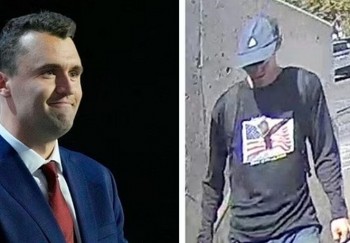 Inside the Motive: What Drove Charlie Kirk’s Assassin to Pull the Trigger? Inside the Motive: What Drove Charlie Kirk’s Assassin to Pull the Trigger? The assassination of conservative commentator Charlie Kirk on September 10 sent political shockwaves through the country. In an era already marked by rising polarization, violent ... |
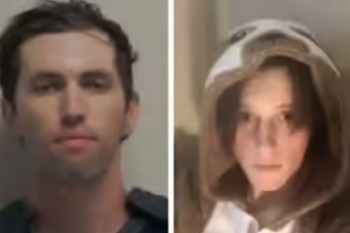 Tyler Robinson’s FurAffinity Presence: What We Know About the Suspected Site Posts and Furry Connection Tyler Robinson’s FurAffinity Presence: What We Know About the Suspected Site Posts and Furry Connection As the investigation into the assassination of Charlie Kirk continues, media reporting has uncovered links between the suspect, Tyler Robinson, and the furry subculture—specifically, a ... |




